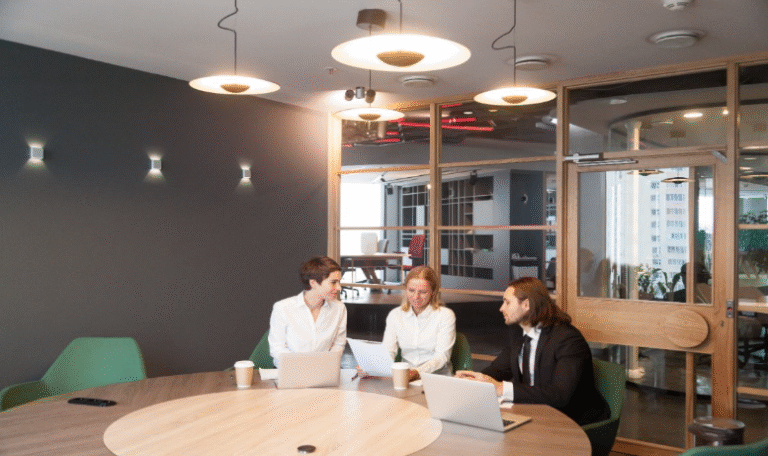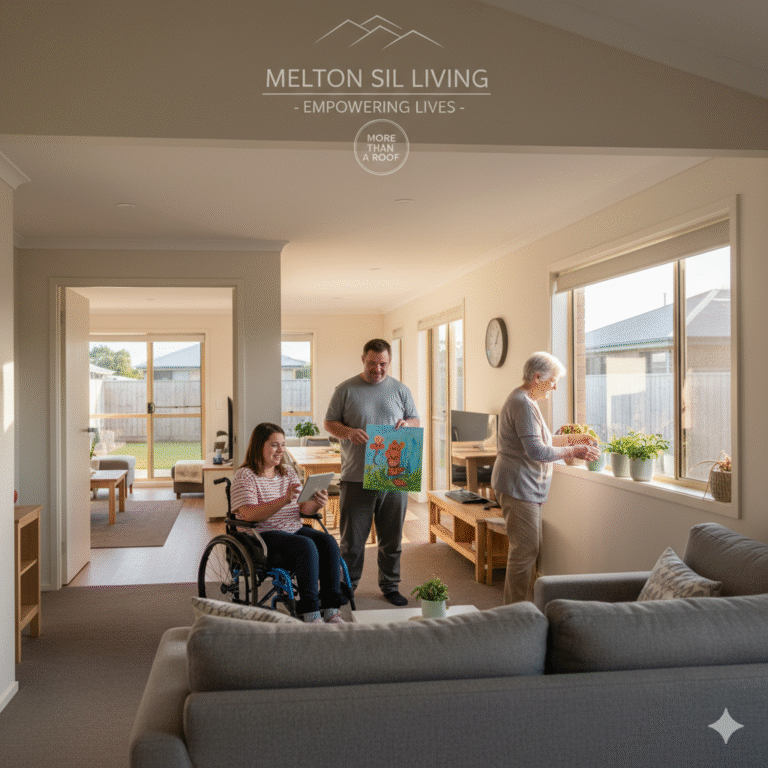
Finding the right apartment can be an exciting but overwhelming process. Whether you’re moving for a new job, relocating to a new city, or simply looking for a change of scenery, there are several key factors to consider before signing that lease. Here’s a comprehensive guide to help you navigate the apartment hunt and ensure you find a place that suits your lifestyle, budget, and needs.
Location, Location, Location
One of the first things to determine is where you want to live. Consider:
- Proximity to Work or School: How far is the apartment from your workplace or school? Will you be commuting daily, and is public transport easily accessible?
- Neighborhood Safety: Research crime rates and talk to current residents if possible. Look for well-lit streets and secure entrances.
- Amenities: Are grocery stores, gyms, parks, and other essentials within walking or driving distance? Having nearby conveniences can significantly improve your quality of life.
- Noise Levels: Visit the apartment at different times of the day to check if it’s noisy. Busy streets, train stations, or nightlife nearby can affect your comfort.
Budget and Rent Affordability
One of the most significant aspects of choosing a new apartment is ensuring that the rent fits comfortably within your budget. Consider these key factors:
- Monthly Rent: Financial experts recommend keeping rent to about 30% of your monthly income. Review your monthly expenses to confirm you can afford the apartment without financial strain.
- Utilities: Some apartments include utilities (water, gas, electricity, internet) in the rent, while others do not. Be sure to clarify what’s covered and factor in any additional costs.
- Security Deposit and Fees: Many landlords require a security deposit, which is usually the equivalent of one month’s rent. Be aware of any additional fees, such as application or pet fees.
Difference Between Rent and Lease Agreements
Many renters often use the terms rent agreement and lease agreement interchangeably, but rent and lease agreements are not the same.
A rent agreement is typically a short-term agreement that renews on a monthly basis. This arrangement offers flexibility for both tenants and landlords, allowing either party to terminate the agreement with a short notice period, usually 30 days.
A lease agreement, on the other hand, is a longer-term contract, typically lasting 6 months to a year or more. It provides stability, as the rent price and terms remain fixed for the duration of the lease. However, breaking a lease early can result in penalties.
Understanding the differences between these two is crucial in managing your rental expectations. If you’re looking for stability and to lock in a fixed rent rate, a lease is ideal. But if you foresee possible changes in your circumstances, a rent agreement’s flexibility might be a better fit.
Apartment Condition and Maintenance
Before you sign anything, take a close look at the apartment’s condition:
- Inspect for Damage: Check the walls, floors, appliances, plumbing, and electrical systems for any issues. Document anything you find and notify the landlord to avoid being held responsible later.
- Functioning Appliances: Ensure all kitchen appliances, heating/cooling systems, and plumbing fixtures work properly. A malfunctioning stove or leaky faucet can become a significant inconvenience after you move in.
- Natural Light and Ventilation: Consider how much sunlight the apartment gets during the day. Natural light not only improves mood but also can reduce electricity bills.
- Storage Space: Look for closet space, cabinets, and other storage areas. Lack of storage can lead to clutter and frustration.
- Maintenance Policies: Inquire about how maintenance requests are handled. A responsive landlord or property management team is key to ensuring any issues are addressed quickly and efficiently.
Lease Terms and Clauses
Once you’ve found an apartment you’re interested in, it’s important to carefully review the lease before signing. Some common clauses to pay attention to include:
- Rent Increase: Check if the lease allows for rent increases after the initial lease term. Be clear on how much notice the landlord must give before increasing the rent.
- Subletting Policies: If you anticipate needing to leave temporarily, make sure the lease allows you to sublet the apartment.
- Pet Policy: Even if you don’t have pets now, it’s worth checking whether pets are allowed in the building and any associated fees or restrictions.
- Early Termination Clause: Life can be unpredictable, so it’s essential to understand what happens if you need to break the lease early. Some landlords charge a fee or require a set notice period.
Amenities and Building Features
Depending on your lifestyle, the apartment’s amenities can be a deciding factor:
- Laundry Facilities: Is there an in-unit washer and dryer, or does the building provide a communal laundry area? If not, check the availability of laundromats nearby.
- Parking: If you have a car, check for assigned parking or nearby options. Some apartments include a parking space in the rent, while others may charge extra.
- Security Features: Look for secure entry systems, surveillance cameras, and on-site security personnel. Safety should always be a top priority.
- Recreational Areas: If you value outdoor space, check if the building offers a patio, garden, or rooftop terrace. Gyms, swimming pools, and common areas can also enhance your living experience.
Noise and Neighbors
Moving into an apartment means sharing walls, floors, or ceilings with others. Before you commit, consider:
- Noise Levels: Thin walls can mean you’ll hear your neighbors’ every move. Likewise, busy streets or nearby construction can disrupt your peace. Spend some time in the apartment to get a sense of the ambient noise.
- Neighbors: If possible, meet a few of the current tenants. They can offer valuable insight into the building’s atmosphere and management quality.
Pet Policies and Restrictions
If you have or plan to get a pet, make sure the apartment is pet-friendly. Some landlords may allow pets with certain restrictions on breed or size, while others may not permit them at all. Additionally, there may be pet deposits or monthly pet rent. Be sure to factor these costs into your budget if applicable.
Final Thoughts
Choosing a new apartment involves balancing a variety of factors, from budget and location to amenities and lease flexibility. By keeping this comprehensive guide in mind, you’ll be better equipped to find an apartment that not only meets your practical needs but also enhances your day-to-day living experience. Take your time, ask questions, and don’t be afraid to walk away if something doesn’t feel right. The right apartment is out there, waiting for you to make it home!


